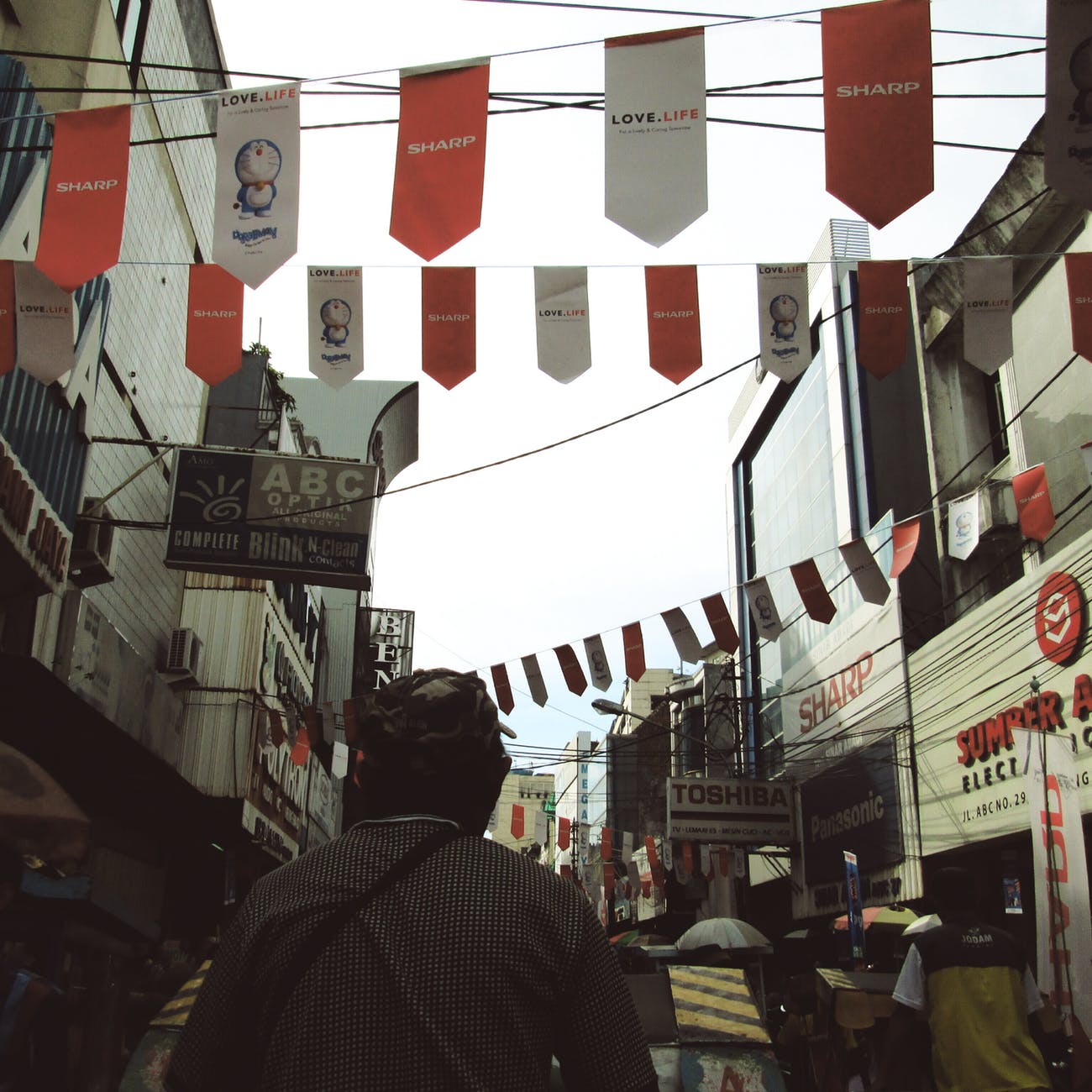【受付終了】Land readjustment projects in Indonesia and Nepal | 比較住宅都市研究会(2019/05/10|東京)
| ※詳細は主催団体等にお問い合わせください。 |
|---|

[概要]
◎開催日時:2019/05/10 18:30~20:30
◎会場: 首都大学東京同窓会 八雲クラブ ニュー渋谷コーポラス10階1001号室 渋谷区宇田川町12-3
◎詳細・申込:
http://bit.ly/2KmkAKn
—–
日時
2019年5月10日(金)18時30分~20時30分
講師
Felipe Francisco De Souza (Ph.D. Candidate, Urban Engineering Department, The University of Tokyo)
場所
首都大学東京同窓会 八雲クラブ ニュー渋谷コーポラス10階1001号室(渋谷区宇田川町12-3)
会費
1000円(会場費、資料、飲み物、研究会後の懇親会などの費用として利用します)
詳細・申込み
http://bit.ly/2jmdUMV
※参加希望者は、資料及び会議室の準備の都合がありますので、前日までにあらかじめEメールで、氏名、所属をご連絡下さい。ご連絡がなく出席の場合は、原則として資料をお渡しできません。申し込み後に欠席等する場合も、お手数ですがメールでご連絡下さい。
要旨
今回は英語で議論します。必要に応じて日本語で補佐します。
After World War II, and after the coming decades where colonialism and colonial processes came to an end, a whole new space for the diffusion of ideas and models emerged. International agencies, therefore, became the main drivers to support the developing world in turning new ideas into reality and, consequently, scholars began to explore the outcomes of such processes. The process to introduce the idea of land readjustment as an instrument for urban development to a number of Asian developing countries ? mainly
sponsored by the Japanese government ? has been one of the most significant international collaboration in urban planning in the twenty century. Land readjustment adaptation and implementation processes replace old approaches on land use planning and precede significant changes inside planning cultures. Possible critical junctures ? briefly defined as a period of change or rupture which is hypothesized to produce legacies ? might be found when (i) reviewing the historical reconfiguration by which a given country started to implement land readjustment, and (ii) reviewing how that long-term implementation and incremental usage of the instrument influenced the country’s institutions and cities’ environment after many years. The copy of ideas through international cooperation agencies, however, drew attention to the risk of misplaced ideas, or ideas out of their context:
although conceived in a specific context, some ideas might transcend political party administrations and might serve to different purposes from those initially conceived, which might lead to completely unexpected outcomes. Therefore, the scale and quality of achievements related to land readjustment differ considerably from one environment to another, especially by looking at to the initial conditions of the “recipient” country. The presentation will look after the implementation process of land readjustment imported/exported from Japan to Denpasar, Indonesia, and Kathmandu, Nepal.
講師プロフィール
Former senior consultant for the UN-Habitat and the World Bank, responsible for policy reports on metropolitan governance, integrated development plans and planning instruments. Currently accomplishing his Ph.D. degree at the University of Tokyo, he is the author of articles and books on the previously mentioned themes, including the latest book “Land Readjustment: Solving Urban Problems Through Innovative Approach” (ed. 2018 with Takeo Ochi and Akio Hosono) published by JICA Research Institute.
